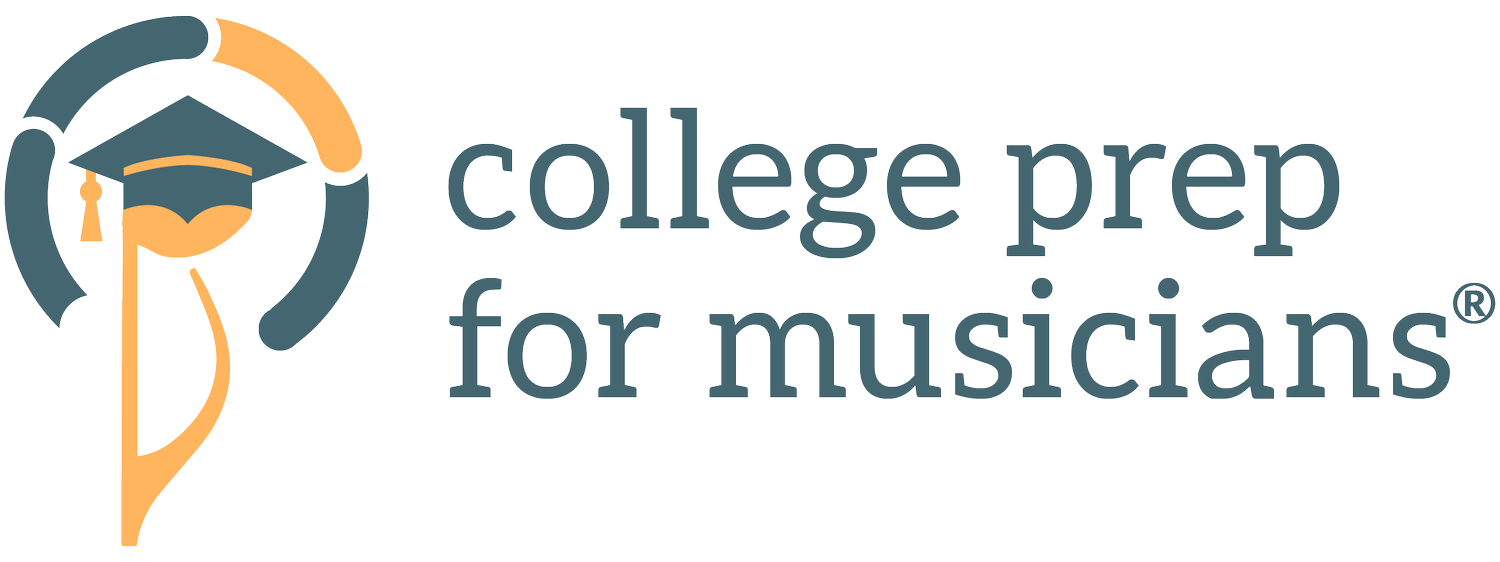It’s Decision Time!
After all the research, the preparation, and the auditions, you now have your results. Some schools have denied you admission, some have placed you on the waitlist, and some have offered you admission. Here are a few thoughts about making your decision.
Being denied admission
Why even mention this? Two reasons: First, the denial of admission is for this particular degree program in this particular application cycle. It is not a judgement of your worth as a human being. It is only the school saying that right now, in this particular applicant pool, they are not offering you a place. You may apply in a different year, to a different program, and have a different outcome.
Second, every denial of admission narrows your choices to those schools that offer you admission. In a way, your decision is simplified by the elimination of an option. That’s not a bad thing.
What do I do if I’m waitlisted?
Often, you do not have to do anything. Or you may be asked to confirm that you want to remain on the waitlist. If you are still interested in a school after you enroll elsewhere, then you should remain on their waitlist. If you are not interested, let them know. While waitlists at non-performing arts schools may number in the hundreds, many waitlists at performing arts schools are much smaller—sometimes even in the single digits.
So if you’re interested in a school where you have been placed on the waitlist, let them know. You also may want to ask them where you are on the waitlist, or how many applicants are on the waitlist, but frankly, your ranking on the waitlist is not as important as the size of the waitlist. If you are one of five on the violin waitlist, the odds are decent that a spot may open up for you. If you are one of 500 on a university’s undergraduate waitlist, the odds are not so good. Letting the school know that you are interested in enrolling brings you to their attention. Your interest makes it more likely that they will consider offering you admission when an opening occurs.
I have several offers of admission. What do I do now?
There are several things to know, and several things to consider. Here’s a quick rundown:
Deadline: Your official offer of admission will come with a response deadline. After that deadline, a school may offer your place to someone else. The period prior to that deadline is meant to give you time in which to arrive at a thoughtful decision. So if anyone pressures you to respond before your deadline, that is considered unethical and you should report it to the Office of Admissions.
Applied teacher: For most instrumental and vocal majors, the teacher with whom you will study is one of the most important factors. This is the person who will solidify your technique and grow your artistry. If the applied teacher is not confirmed in your offer of admission, contact the Office of Admissions and ask when you will know.
Type of school: If you have read College Prep for Musicians, you will know that there are several broad types of post-secondary institutions, including universities, colleges, and conservatories. You may have applied to different types of schools (such as a stand-alone conservatory and a music school within a university), and received offers of admission from these different types of schools. So now is the time to look at the environment where you would be living and factor that into your decision. A stand-alone conservatory in a major urban area will provide you with a very different experience than a department of music at a liberal arts college in a medium-size city. The question to ponder here is Where will you thrive?
In addition to lessons: While lessons with your applied teacher are of supreme importance, there are many other courses and experiences that will be part of your college education. If you are entering as a freshman voice major, for example, what are your performance opportunities? If you are entering as a freshman trumpet major, will you be assigned to orchestra in your first year? Will you play chamber music, take liberal arts classes, fulfill a school’s core non-music requirements? For that matter, is there a football team to cheer on, or a sorority to join? What matters to you, and can you find it at the schools where you have been admitted? Take the time to think about this question.
Cost, scholarships, and financial aid: Not all schools put the Cost of Attendance (COA) in their financial aid letters, but you need to know the full COA in order to put the financial aid and scholarship into perspective. Cost of Attendance is not just the tuition, but includes other billed charges such as housing and dining, as well as estimates of books, travel, health insurance, additional fees, etc.
Once you know the Cost of Attendance, you can subtract all the “gift” money that is awarded to you. Gift money does not have to be paid back. It could include institutional grants, federal grants, state grants, or outside scholarships. Such funds reduce the total COA, but there likely will still be a balance due to the school.
The next type of support has to be paid back. Yes, that means loans, whether from the federal government or private sources. While student loans are sometimes seen as an impossible burden, they exist to help you get a college education. Federal loans have protections built in that you won’t find in private loans. You will find more and more that schools are required to inform you of your total debt, so that you can make decisions about how much debt to take on.
If paying for school (that is, covering the Cost of Attendance) is accomplished at one school by $20,000 in grants/scholarships and $30,000 in loans, and at another school by $40,000 in grants/scholarships and $10,000 in loans, you should seriously consider the second school even if some of the other factors are not what you wish.
Finally, a story: When it came time for me to decide where to enroll as a freshman, there were several offers that I considered, and several factors that shaped my choices. A major university offered me a full-tuition scholarship, but it wasn’t from the school of music. A tiny music school offered me some scholarship and the person I thought would be the best teacher for me. My older sister was one year ahead of me in college, which meant my parents would have to pay two college tuitions at the same time, while also supporting four children and my grandmother at home.
My parents allowed me to decide, and I chose based on the teacher. With my parents’ support (financially and emotionally), I went to the small music school (one that years later was absorbed into a larger school and no longer exists independently), and my teacher put me on a strict diet of technique studies. When he was appointed to the faculty of a major music school, I followed him. I had to take on some debt to pay for the new school, but I actually landed my first professional job through the school’s connections, and I paid off the loans in just a few years. Needless to say, I couldn’t have anticipated any of this when I first decided which school to attend.
You make your choice now based on what you know and what you feel. If things change later, you can make a new choice with new information. And no matter what, you make your choice the right one by your dedication to your studies, your attitude, and your commitment to your artistic goals.


